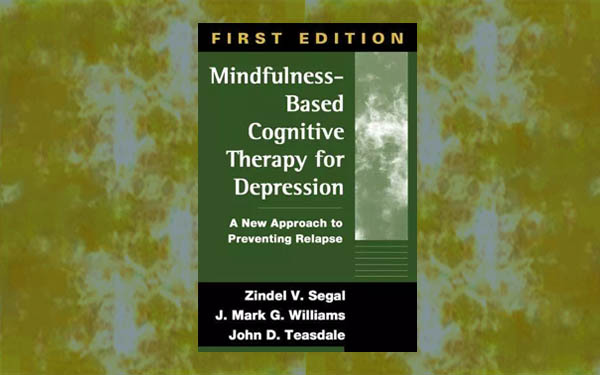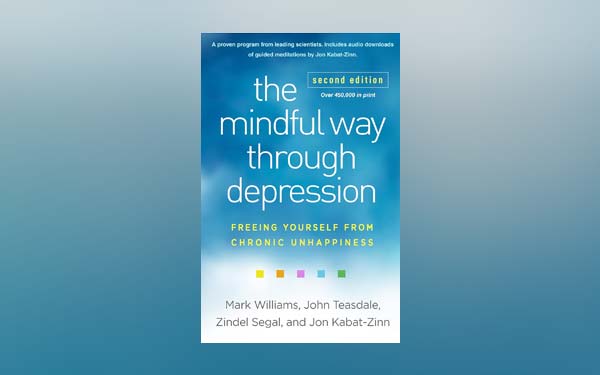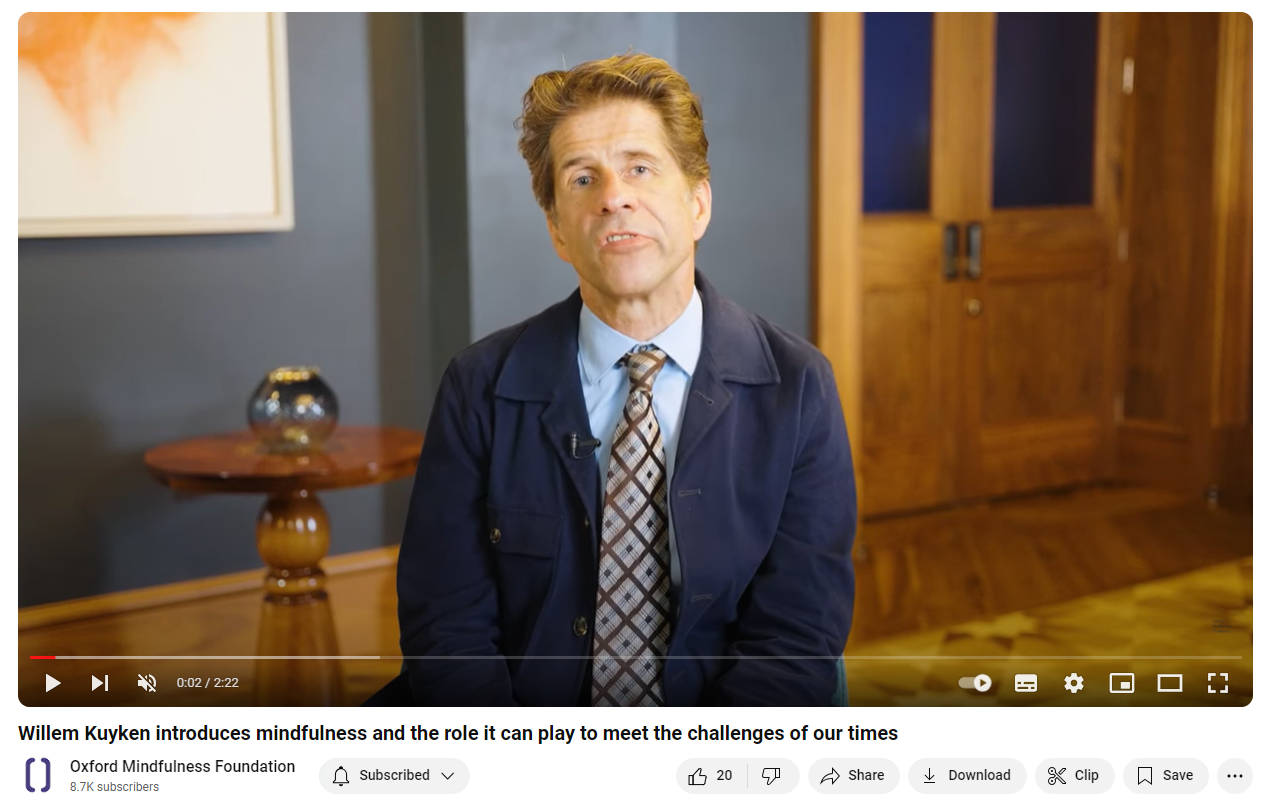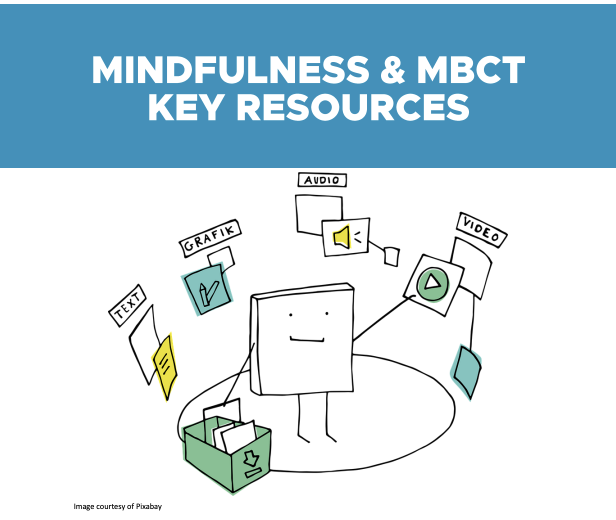Mindfulness-Based Cognitive Therapy for Depression (1st Edition) by Zindel Segal, Mark Williams and John Teasdale
This book presents an innovative eight-session program designed to prevent relapse in clients who have recovered from depression.

About the Authors
Zindel V. Segal, PhD, is Head of Cognitive Behaviour Therapy at the Center for Addiction and Mental Health and Professor of Psychiatry and Psychology in the Department of Psychiatry at the University of Toronto, where he is also Head of the Psychotherapy Program. Dr. Segal is a founding fellow of the Academy of Cognitive Therapy. His publications include [i]Cognitive Vulnerability to Depression[/i], coauthored with Rick E. Ingram and Jeanne Miranda.
J. Mark G. Williams, DPhil, is Professor of Clinical Psychology at the University of Wales, Bangor, where he has also served since 1997 as Director of the University’s Institute of Medical and Social Care Research. Widely published, he is a founding fellow of the Academy of Cognitive Therapy.
John D. Teasdale, PhD, holds a Special Scientific Appointment at the Medical Research Council’s Cognition and Brain Sciences Unit in Cambridge, England. He is a fellow of the British Academy, a fellow of the Academy of Medical Sciences, a founding fellow of the Academy of Cognitive Therapy, and a recipient of the American Psychological Association’s Distinguished Scientist Award (Division 12).
Key topics
“A very valuable resource for clinicians and for treatment development researchers. The guidelines for teaching mindfulness are very solid. The transcripts of therapist-client interactions, verbatim instructions to give clients, sample handouts and forms, and clinical wisdom on how to teach skillfully are all superb… A wonderful initiation for the therapist who has not been introduced to mindfulness, and a book that will enhance the skills of the experienced practitioner.“
Marsha M. Linehan
“This book offers an elegant and innovative method for breaking the cycle of recurrent depressive episodes, one that frees patients from the tyranny of relapses. The integration of mindfulness and cognitive therapy should become part of the basic training of every professional who treats people with depression, from psychiatric nurses and psychiatrists to clinical and counseling psychologists.“
Daniel Goleman
“Mindfulness-based cognitive therapy offers a provocative, sophisticated combination of Eastern and Western approaches to psychological well-being. In an accessible, easy-to-read manner, the authors, leaders in the field of cognitive therapy, offer an account of the transformation in their thinking that led to the incorporation of a mindfulness-based orientation to psychological distress. The combination of a mindfulness orientation and cognitive approaches to change seems to provide a particularly useful framework for sustaining gains made in therapy. This new direction has promising implications for cognitive therapy of depression.“



